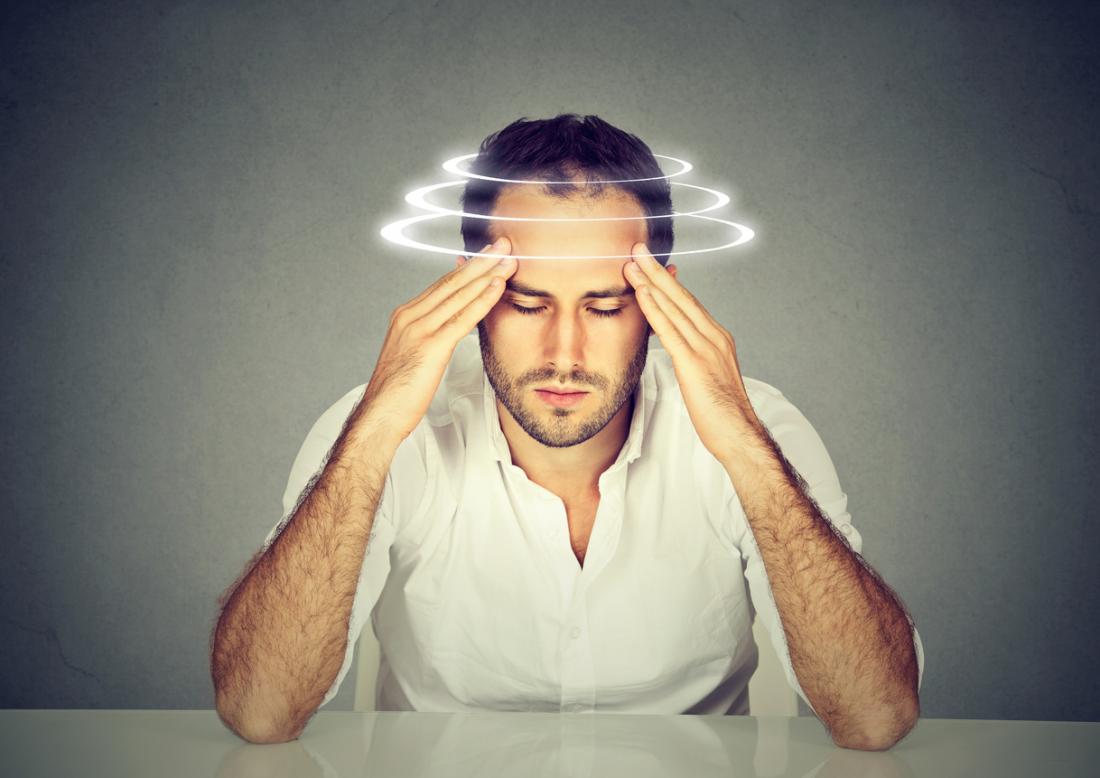Guest Blog-Severe Pain in The Inner Ear or Middle Ear Can Be a Cause of Vertigo


Vertigo is a sense of spinning dizziness which can indicate various underlying health conditions related to the brain, the inner ear or sensory nerve pathway. In order to raise awareness on the subject, Max Healthcare, one of the leading healthcare providers in North India, organized a press conference.
The conference covered various topics related to vertigo such as its symptoms, preventive measures, treatment etc.
The condition also is known as motion sickness or balance disorder increases when one closes their eyes and tend to fall. This sensation is caused as a result of the brain being fed impulses that suggest motion while it is actually not there. There are three body systems that control the balancing mechanisms – the inner ear with its labyrinthine canals; the eyes and the eye muscles and the muscles of the neck. Inputs from these systems are processed in specific areas of the brain and the perception of balance is maintained when the inputs are synchronized. Whenever the brain (CPU) is unable to process the information properly, it gives rise to Vertigo.
Dr. Sanjeev Dua, Senior Director – Neurosurgery, Max Super Speciality Hospital, Patparganj said, “One of the biggest misconceptions that have to be dispelled is that Cervical Spondylitis causes Vertigo. The most common cause of Vertigo is afflictions of the inner ear or middle ear which may range from simple ear wax to viral infections of the labyrinth.”
The treatment protocols differ from person to person. While in some cases, short-term medicines are enough to ameliorate the symptoms, there are cases of patients suffering from chronic vertigo where the doctor suggests some physical movements such as the Epley’s maneuver as it helps in symptomatic relief without the use of any medicines.
About the author- Dr. Sanjeev Dua, Senior Director – Neurosurgery, Max Super Speciality Hospital, Patparganj
